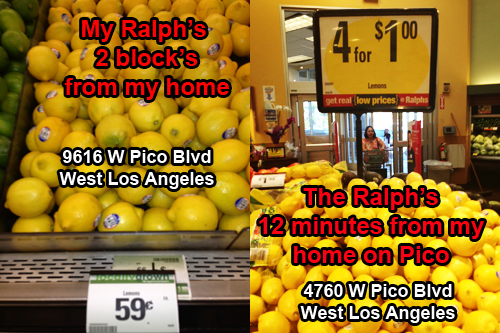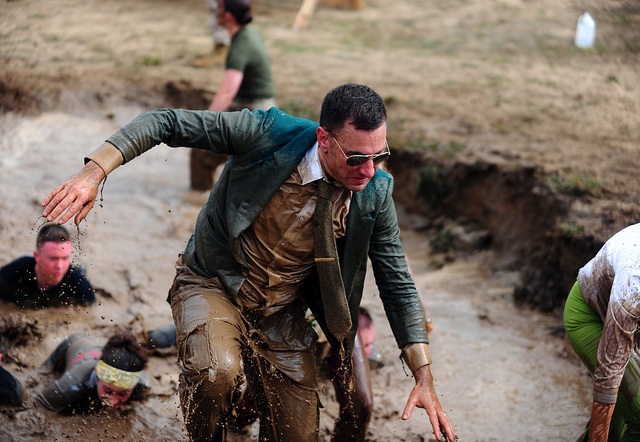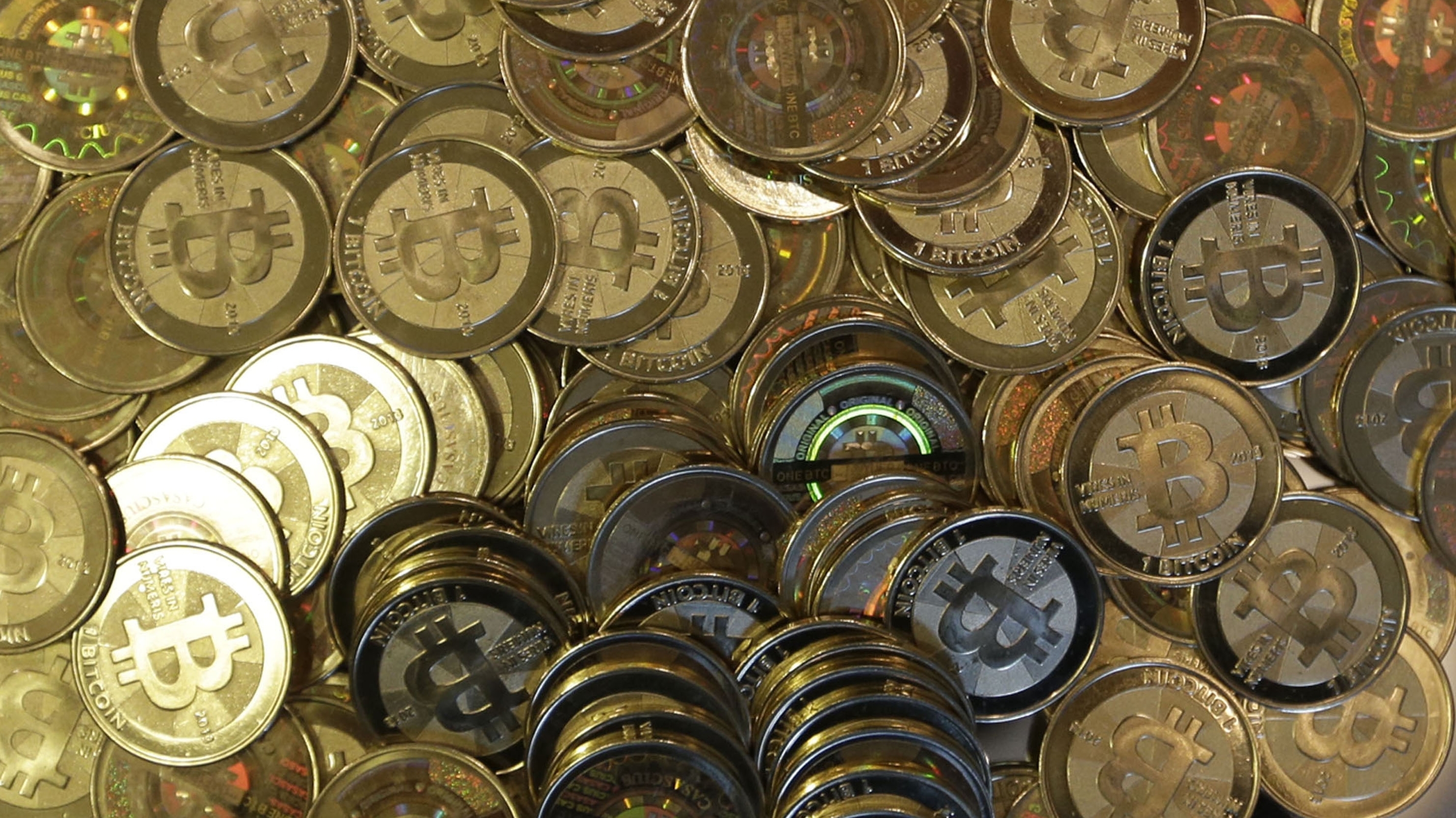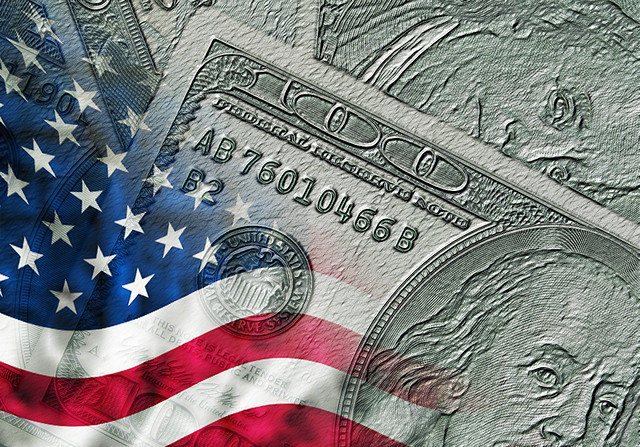5 Vital Economics Lessons Your Kids Won’t Get in School
5. Value
Value is subjective. A bottle of water is worth a lot more to a man dying of thirst in the desert than it is to the man who lives next to a natural spring. When a natural disaster hits, the media often chastises those who bring in water and food from outside areas and “price gouge.” Price gouging is marking up the price of goods considerably when opportunity presents itself and people have little choice but to pay the high rates.
But without price gouging, would there be a motive for individuals from surrounding areas to load up on supplies and drive into a disaster area? No. The lure of potential profits is what causes this to happen and the result is food, water, and necessities are brought into an area that sorely needs them. Of course the water is more money, value is subjective, and there is a lot of demand and very little supply.
The market determines value in many ways; meaning people individually decide what they’ll pay for something, companies decide what they need to make a profit, and the market determines where those interests meet. It’s the only fair way to do it.
Understanding this helps people to understand why prices aren’t fixed, and why some will take jobs paying far less than others would. Value is subjective.







